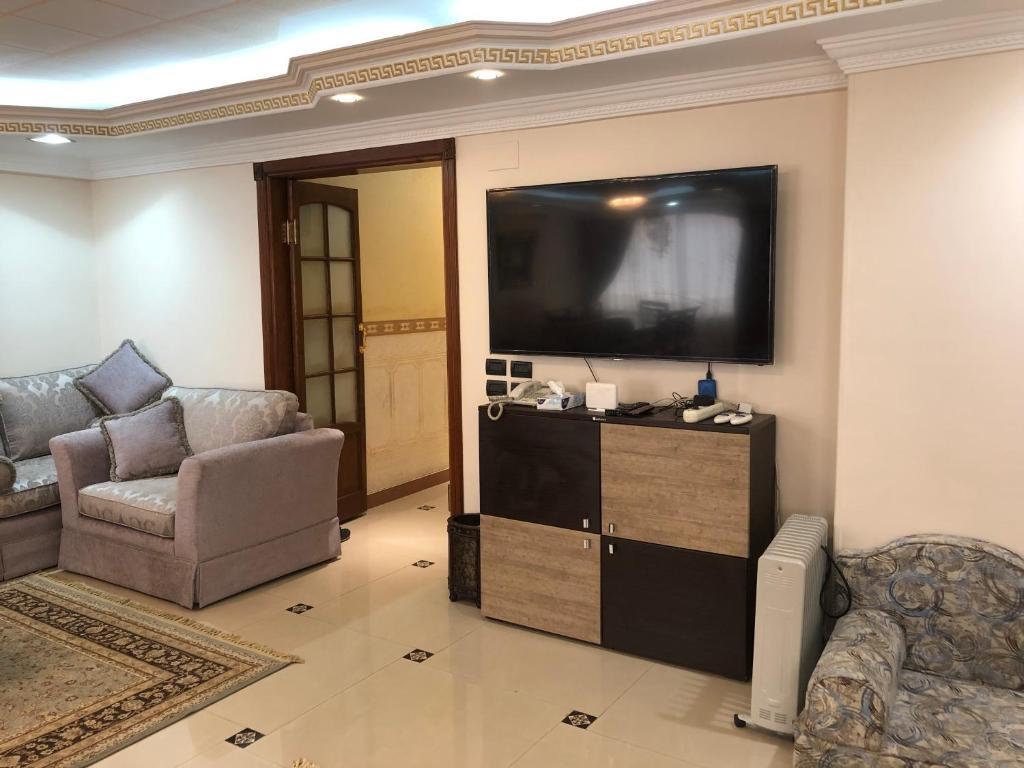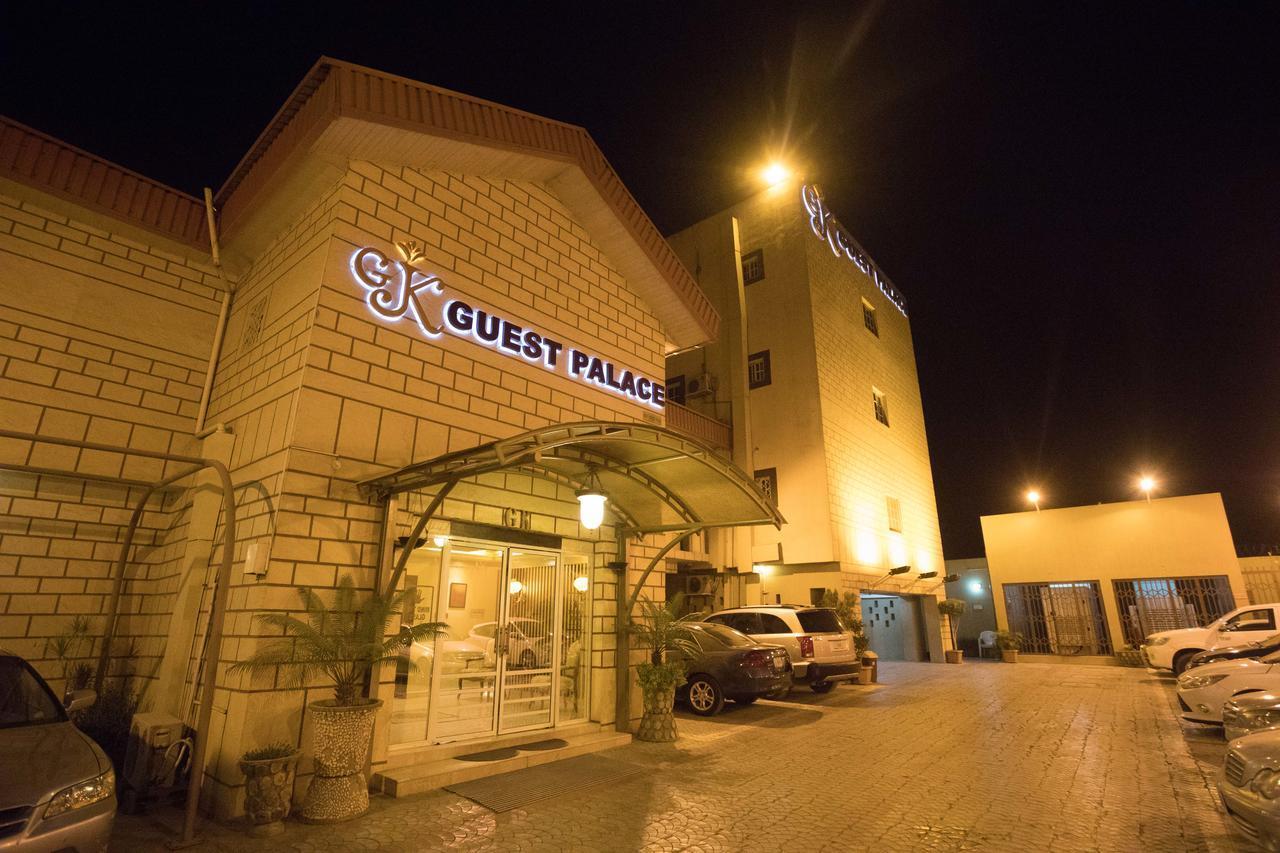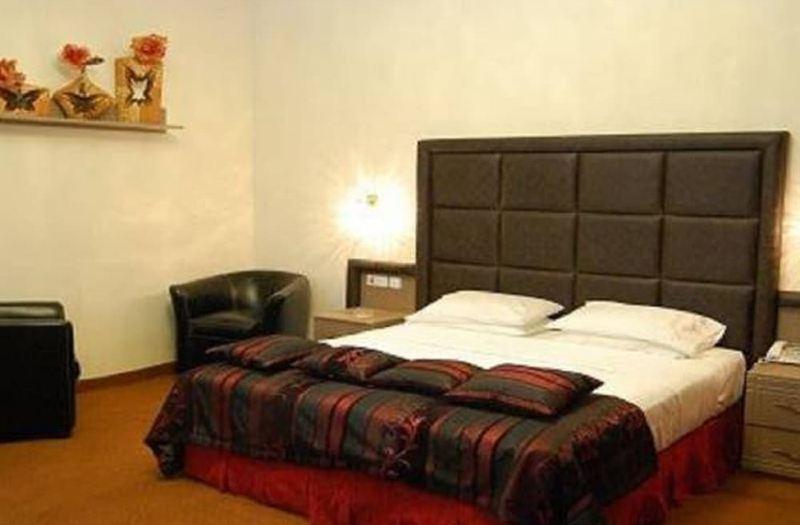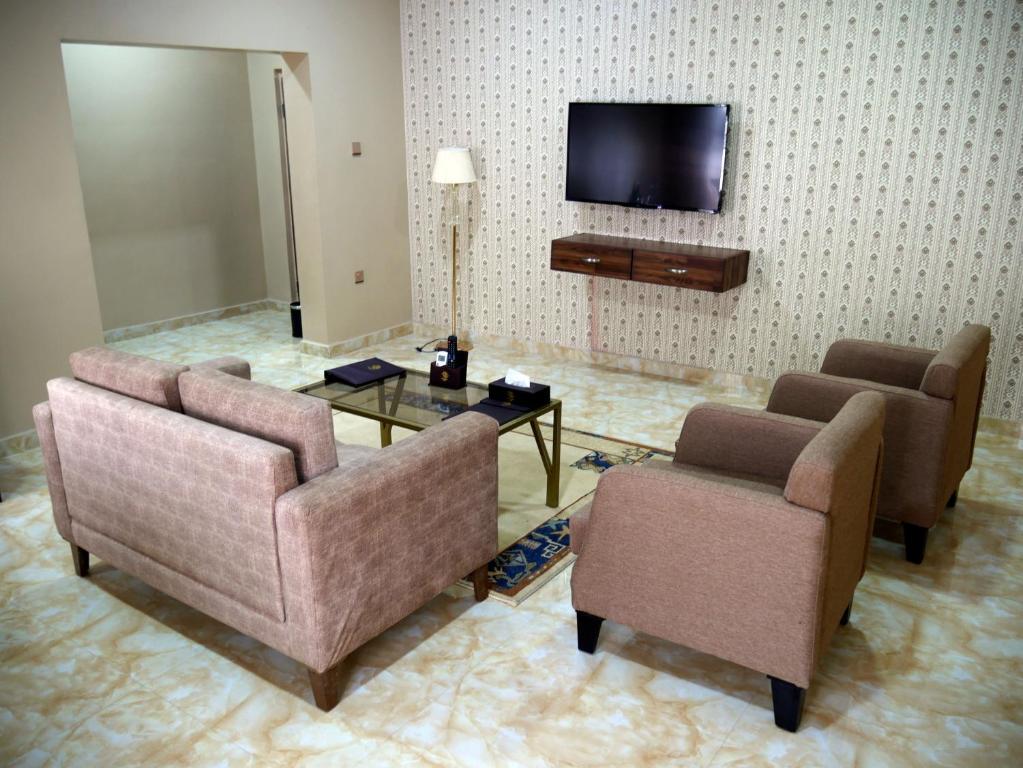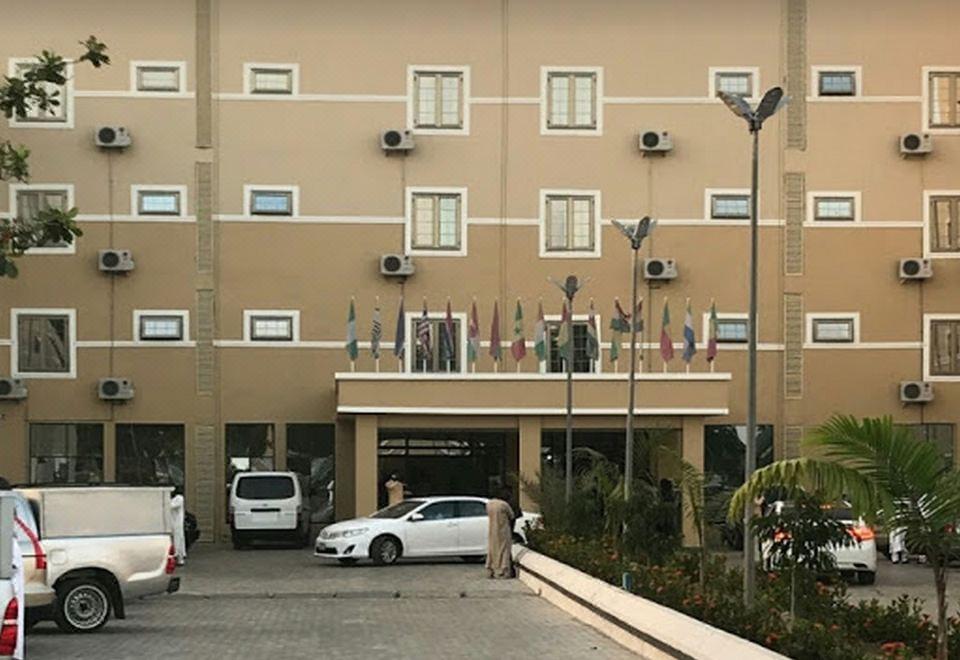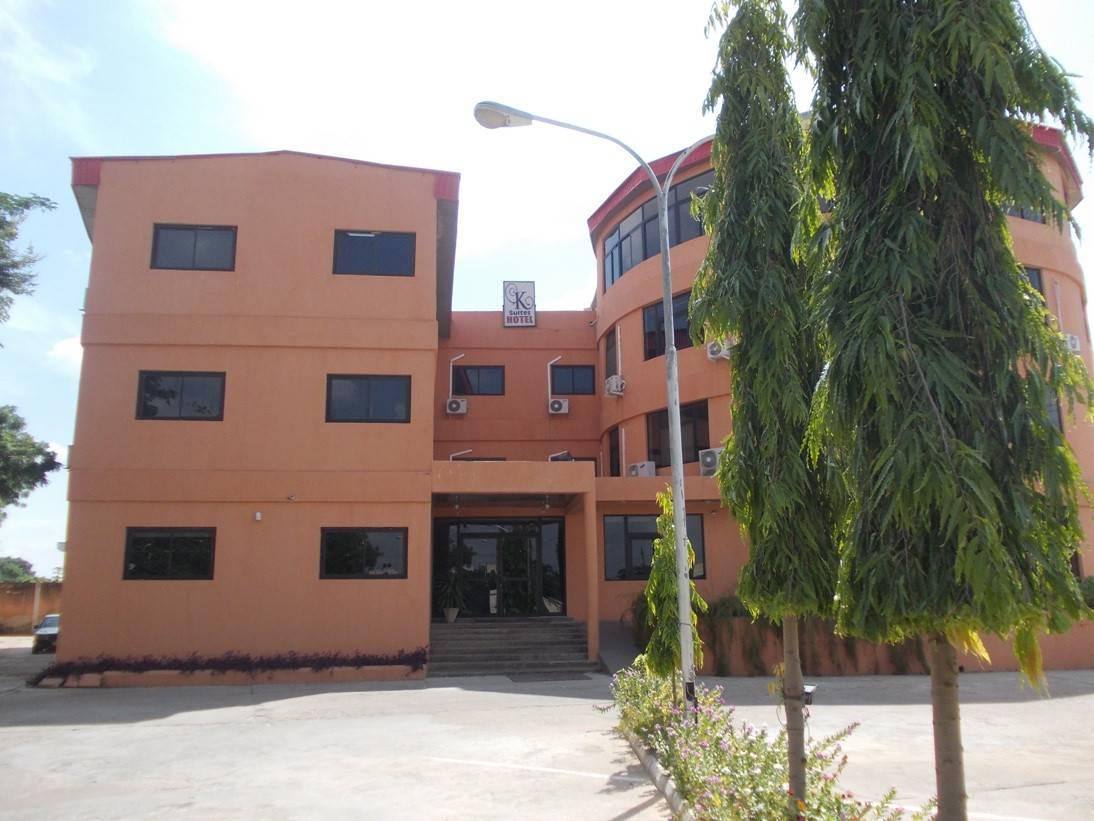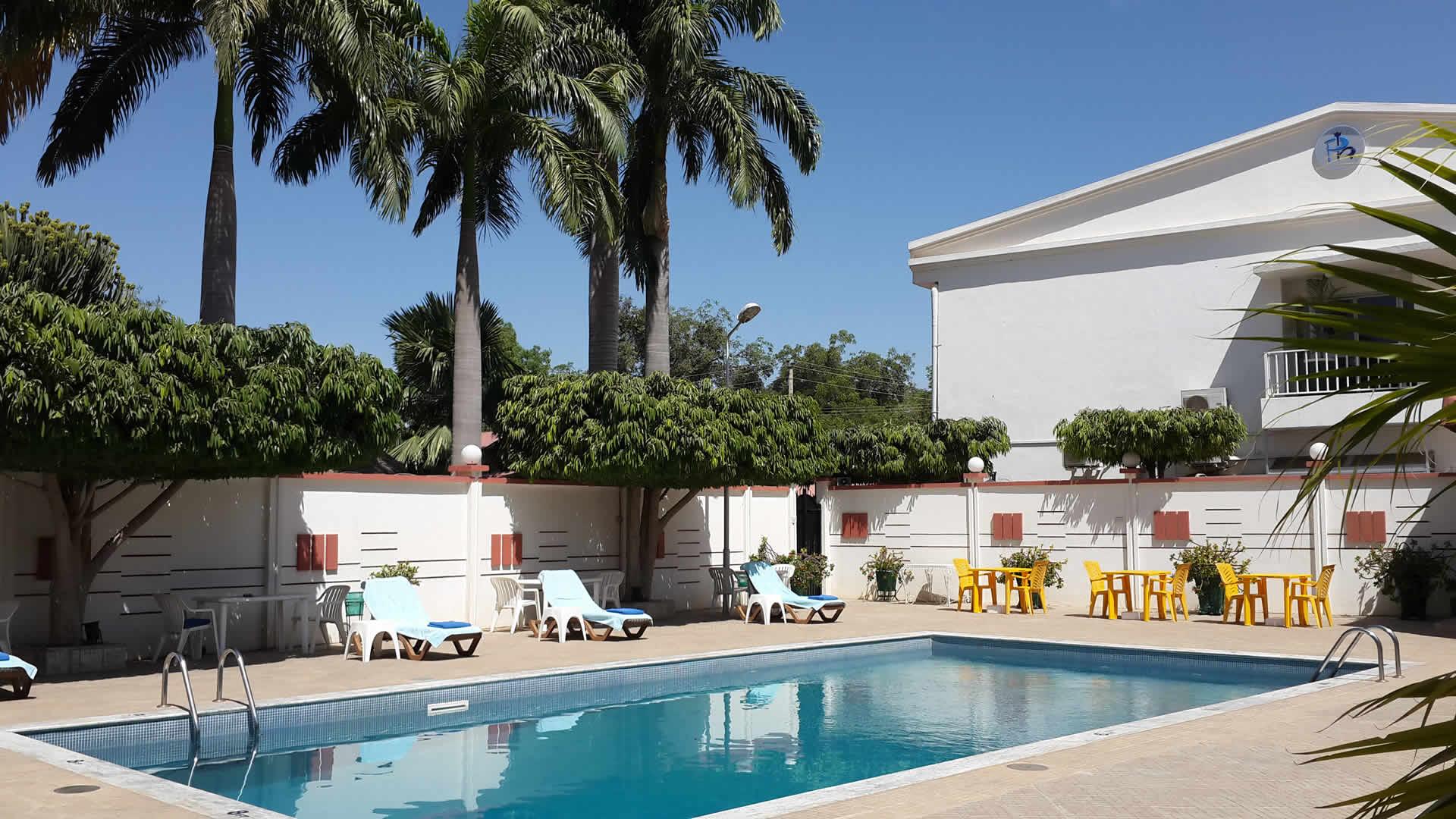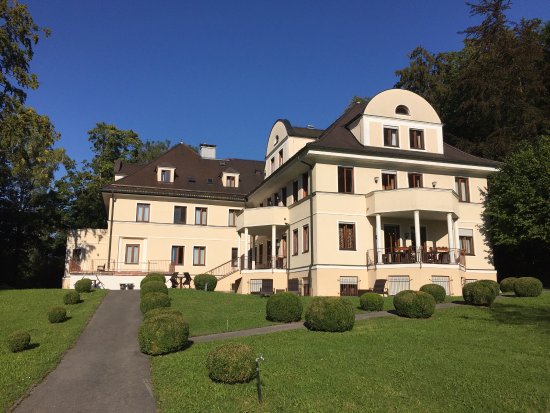ty has been a trade and human settlement for millennia. It is the traditional state of the Dabo dynasty who since the 19th century have ruled as emirs over the city-state. Kano Emirate Council is the current traditional institution inside the city boundaries of Kano, and under the authority of the Government of Kano State.The city is one of the medieval Hausa seven kingdoms and the principal inhabitants of the city are the Hausa people. Centuries before British colonization, Kano was strongly cosmopolitan with settled populations of Arab, Berber, Tuareg, Kanuri and Fula and remains so with the Hausa language spoken as a lingua-franca by over 70 million speakers in the region. Islam arrived in the city in the 11th century or earlier primarily through the trans-Saharan trade and as a result became wealthy and the commercial nerve centre of the region and Northern Nigeria, and is still associated as the "centre of commerce"
Kano
Kano (Ajami: كانو) is a city in northern Nigeria and the capital of Kano State. It is the second largest city in Nigeria after Lagos, with over four million citizens living within 449 km2 (173 sq mi); located in the Sahel, south of the Sahara, Kano is a major route of the trans-Saharan trade. The ci...read more
Plan your trip to Kano
Experience the best tours, attractions & activities you won’t want to miss.
Top hotels in Kano
Top restaurants in Kano
Enjoy up to 50% on hotels and restaurants in Kano
Experience the best tours, attractions & activities you won’t want to miss.
